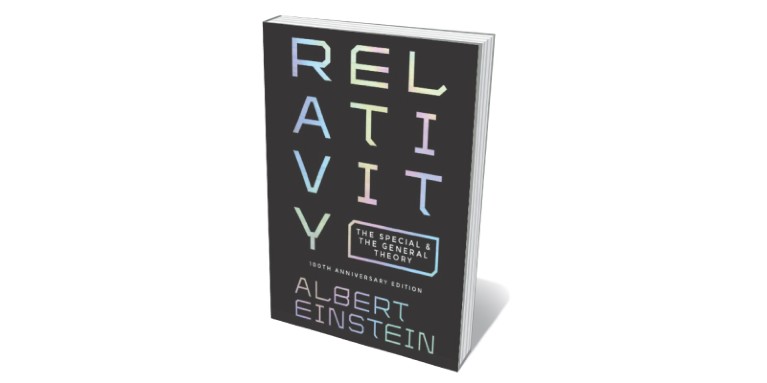
Relativity: The Special and the General Theory — 100th Anniversary Edition Albert Einstein, Hanoch Gutfreund & Jürgen Renn Princeton Univ. Press (2019)
First published in English in 1920, Albert Einstein’s popular introduction to his world-shaking theories reveals what he dubbed his “step-motherly” approach. This authoritative centenary edition is a fitting tribute to Einstein’s efforts to make his concepts accessible — in turn, helping to raise the profile of basic science and modern physics on a global scale. Insightful commentaries and excerpts from Einstein’s original manuscript of the book provide context.
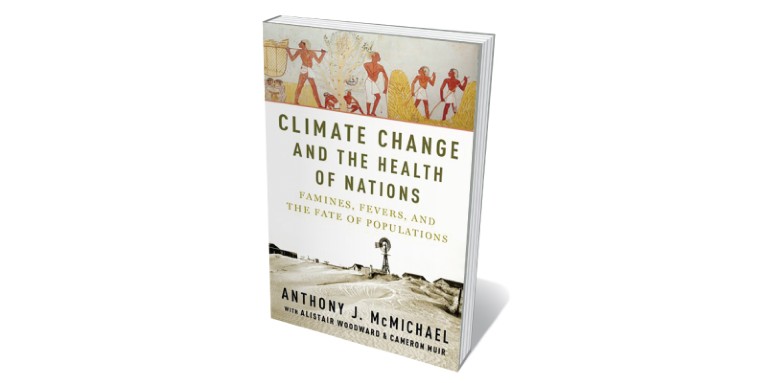
Climate Change and the Health of Nations Anthony J. McMichael Oxford Univ. Press (2019)
In this posthumously published volume, epidemiologist Anthony McMichael journeys through the deep history of Earth’s changing climate and its human implications — such as agricultural collapse resulting from shifts in temperature. A book with echoes for today.
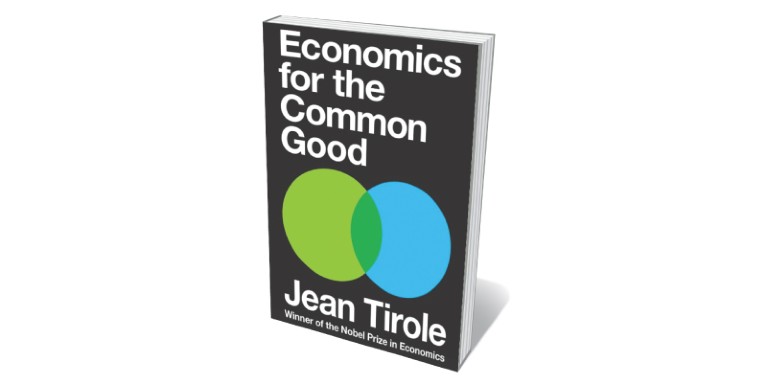
Economics for the Common Good Jean Tirole Princeton Univ. Press (2019)
French economist Jean Tirole’s deft study (translated by Steven Rendell) questions his discipline’s role in society. Researchers, he argues, should become socially responsible, probing issues beyond the euro’s stability, such as climate change and resource distribution.
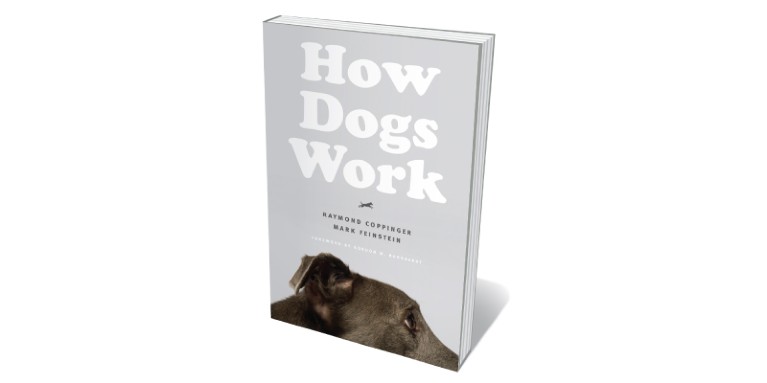
How Dogs Work Raymond Coppinger & Mark Feinstein Univ. Chicago Press (2019)
Cognitive scientists Raymond Coppinger and Mark Feinstein explore the biological basis of canine behaviour and its interplay with the environment, examining everything from dogs’ wildly varying morphologies to why they bark.
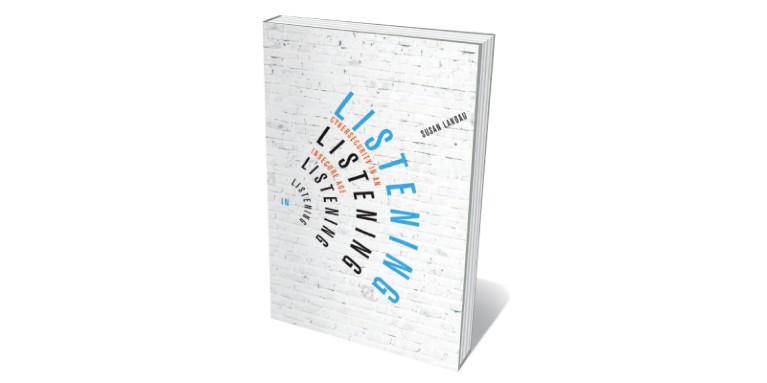
Listening In: Cybersecurity in an Insecure Age Susan Landau Yale Univ. Press (2019)
Digitization, notes mathematician Susan Landau, offers amazing potential and convenience — at the cost of privacy and a need to ramp up security. She issues both a warning to protect data, and a call to modify how much control we relinquish in our cyber-reliance.
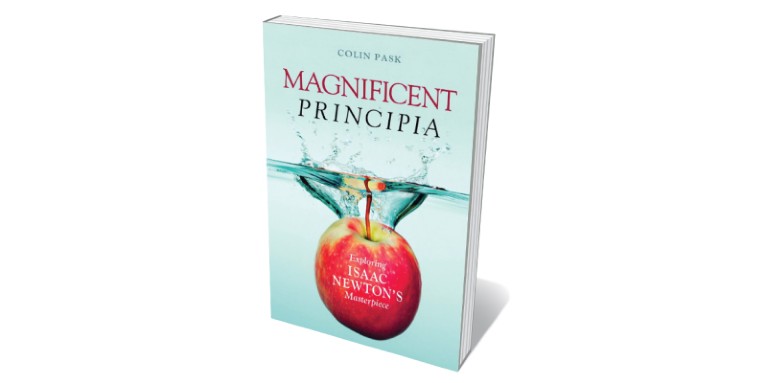
Magnificent Principia Colin Pask Prometheus (2019)
Isaac Newton remains a giant of physics, as his 1687 Principia confirms. Maths historian Colin Pask presents an easily digestible guide to the work, enlivened with passages from Newton’s life. An invitation to wonder at what some see as the greatest single scientific book ever published.
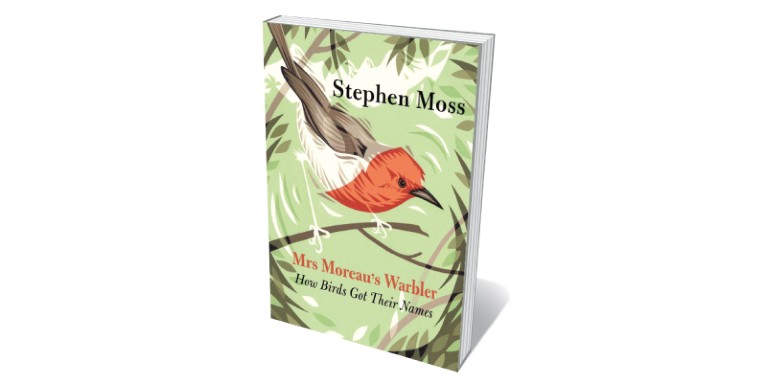
Mrs Moreau’s Warbler Stephen Moss Faber (2019)
Names make sense of the world; they also reveal something about us. Stephen Moss unveils the often surprising roots of avian etymology and offers insight into fierce, long-standing debates such as that over Prunella modularis, variously known as the dunnock and hedge sparrow.
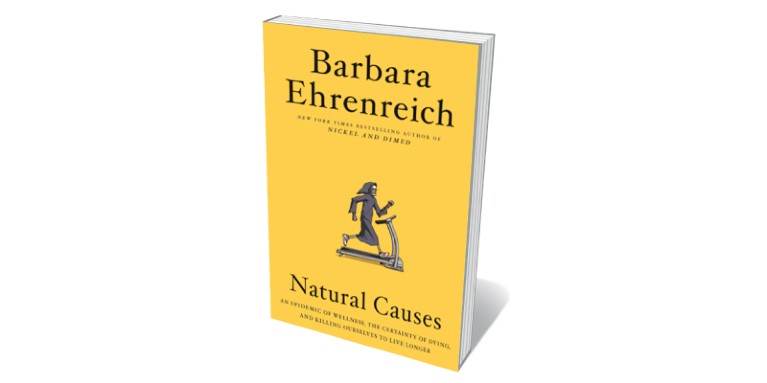
Natural Causes Barbara Ehrenreich Granta (2019)
Our bodies, notes writer Barbara Ehrenreich, are a cellular battleground, where our immune systems can aid the growth of tumours. Attacking the rose-tinted ‘wellness industry’ and advocating a realistic view of death, she will change how you view your own mortality.
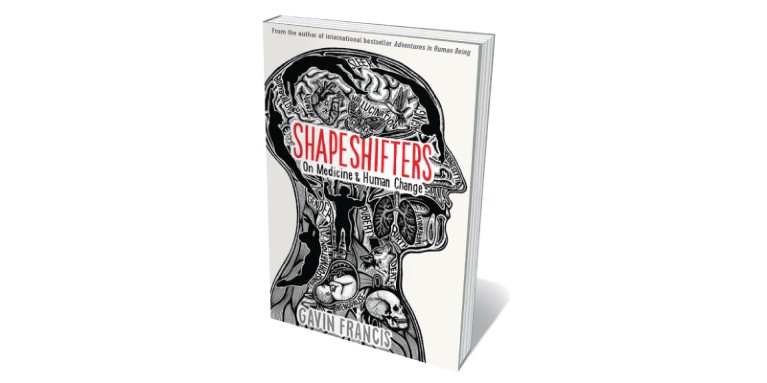
Shapeshifters Gavin Francis Wellcome Collection (2019)
“To be alive is to be in perpetual metamorphosis.” Physician Gavin Francis tackles bodily transformations that can aid or constrain us — from pregnancy to amputations. With real insight, he intertwines case studies with his amazement at how our bodies surprise us.
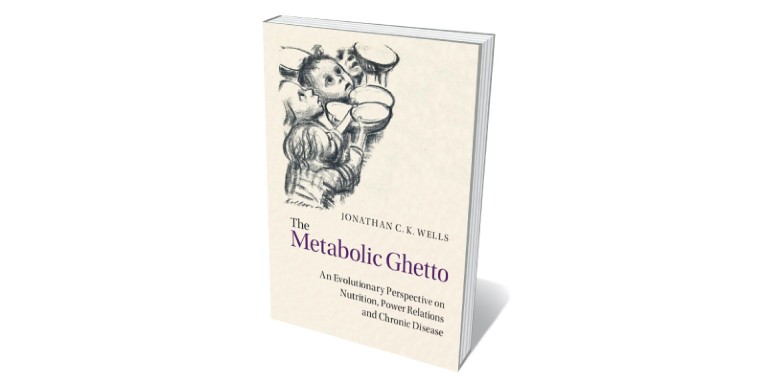
The Metabolic Ghetto Jonathan C. K. Wells Cambridge Univ. Press (2019)
Power relations in society affect human health. Here, child-nutrition specialist Jonathan Wells draws on fields such as biomedicine, evolutionary biology and epidemiology to illuminate the socio‑economic and historical factors behind chronic conditions such as obesity.
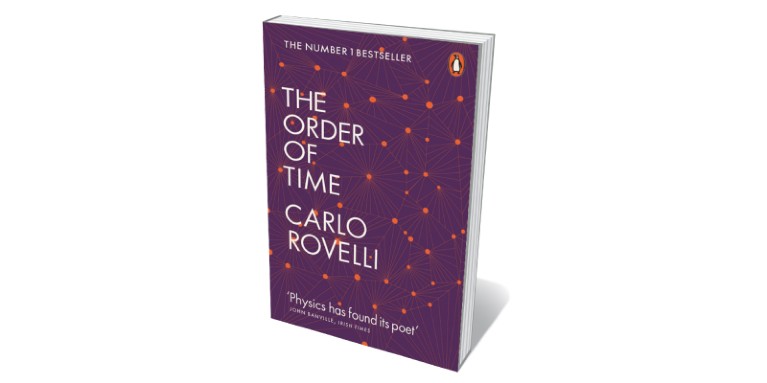
The Order of Time Carlo Rovelli Penguin (2019)
Physicist Carlo Rovelli elegantly dismantles our understanding of time as a flow from past to future. He argues that there is a multitude of times, and that the present is only localized. Ultimately, he says, our concept of time is as much about us as about the cosmos.
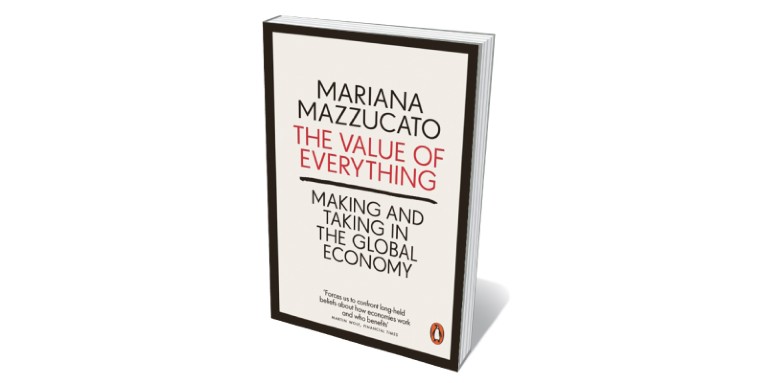
The Value of Everything Mariana Mazzucato Penguin (2019)
A crisis faces capitalism, argues economist Mariana Mazzucato. She reveals that we value those who extract wealth over those who create it. Noting that the debate is economic, social and political, she pinpoints the urgent need to reform how we define value in a fast-changing world.
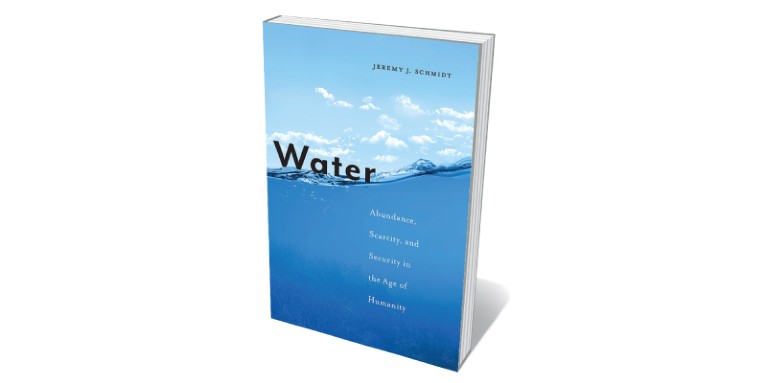
Water Jeremy J. Schmidt New York Univ. Press (2019)
Humans both consume too much water and fail to benefit from it equitably. Geographer Jeremy Schmidt’s multidisciplinary study shows how historical US approaches to water management have gained global reach, leading to problematic biases.









